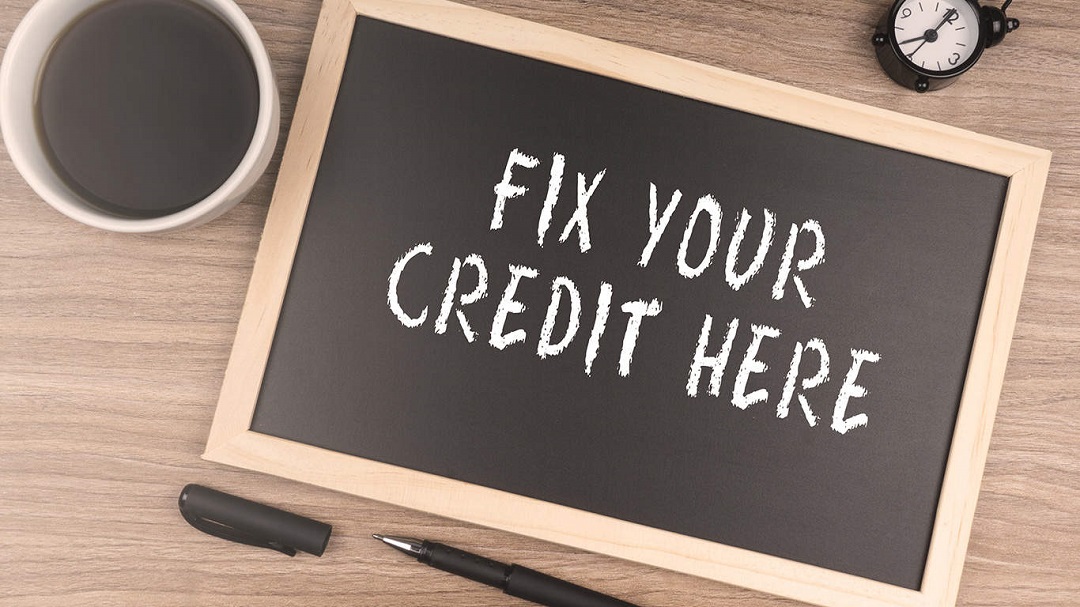So, your credit score isn’t exactly where you want it to be, and you’re feeling the pinch. Don’t worry; you’re not alone. Many people find themselves in a similar situation at some point in their lives. But the good news is, there are steps you can take to start improving your credit score and getting back on track financially.
Here’s a rundown of some effective strategies to fix your credit:
- Check Your Credit Report: Start by obtaining a copy of your credit report from each of the major credit bureaus – Equifax, Experian, and TransUnion. Review the reports carefully for any errors or inaccuracies that could be dragging down your score.
- Dispute Errors: If you spot any errors on your credit report, such as incorrect account information or fraudulent activity, file a dispute with the credit bureau reporting the error. They are required by law to investigate and correct any inaccuracies within a reasonable timeframe.
- Pay Your Bills on Time: One of the most significant factors influencing your credit score is your payment history. Make sure to pay all of your bills – including credit cards, loans, and utilities – on time each month. Late payments can have a significant negative impact on your credit score.
- Reduce Your Debt: High levels of debt relative to your income can weigh down your credit score. Work on paying down your existing debts, starting with high-interest debts like credit cards. Consider creating a budget and cutting back on expenses to free up more money for debt repayment.
- Keep Credit Card Balances Low: Another essential factor in your credit score is your credit utilization ratio – the amount of credit you’re using compared to your total available credit. Aim to keep your credit card balances below 30% of your credit limit to maintain a healthy utilization ratio.
- Avoid Opening Too Many New Accounts: While it’s essential to have a mix of credit types, opening too many new accounts in a short period can indicate financial instability to lenders and may harm your credit score. Be strategic about applying for new credit and only open accounts when necessary.
- Use Secured Credit Cards: If you’re having trouble qualifying for traditional credit cards due to poor credit, consider applying for a secured credit card. Secured cards require a security deposit, making them less risky for lenders and easier to obtain for individuals with damaged credit.
- Be Patient and Persistent: Improving your credit score won’t happen overnight, but with consistent effort and responsible financial habits, you can see positive changes over time. Stay focused on your goals and celebrate small victories along the way.
Remember, fixing your credit takes time and effort, but it’s entirely possible with the right approach. By taking proactive steps to address any issues and adopting healthy financial habits, you can work towards achieving a better credit score and securing your financial future.
FAQs (Frequently Asked Questions)
1. How long does it take to improve my credit score?
The timeline for improving your credit score depends on various factors, including the severity of the issues impacting your score and the actions you take to address them. In general, you may start to see improvements within a few months to a year of implementing positive changes.
2. Will closing unused credit accounts help my credit score?
Closing unused credit accounts can potentially harm your credit score by reducing your available credit and increasing your credit utilization ratio. It’s usually best to keep old accounts open, even if you’re not actively using them, to maintain a longer credit history and lower utilization ratio.
3. Can I hire a credit repair company to fix my credit?
While some credit repair companies claim to improve your credit score quickly, many of their practices are questionable, and some may even be fraudulent. You can dispute errors on your credit report yourself for free, and reputable credit counseling agencies can offer assistance and guidance at a lower cost.
4. Will paying off collections accounts remove them from my credit report?
Paying off collections accounts may improve your credit score over time, but it won’t remove them from your credit report. Collection accounts typically remain on your report for seven years from the date of the original delinquency. However, a paid collection account is generally viewed more favorably than an unpaid one.
5. How often should I check my credit report?
It’s a good idea to check your credit report from each of the major credit bureaus at least once a year to monitor for errors or signs of identity theft. You can obtain free copies of your report from AnnualCreditReport.com, the only official website authorized by the federal government for this purpose.





